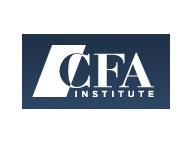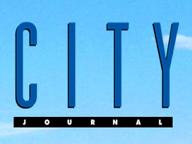Faculty News
—
Prof. Scott Galloway discusses Alibaba's incentives for luxury brands that sell on its ecommerce platform
—

Excerpt from The Wall Street Journal -- "Alibaba's offer to crack down on gray-market goods for brands that open Tmall stores provides a powerful incentive for brands to join the site, said Scott Galloway, chief executive of L2 Inc., a New York-based research firm."
Faculty News
—

Excerpt from The Wall Street Journal -- "Alibaba's offer to crack down on gray-market goods for brands that open Tmall stores provides a powerful incentive for brands to join the site, said Scott Galloway, chief executive of L2 Inc., a New York-based research firm."





















